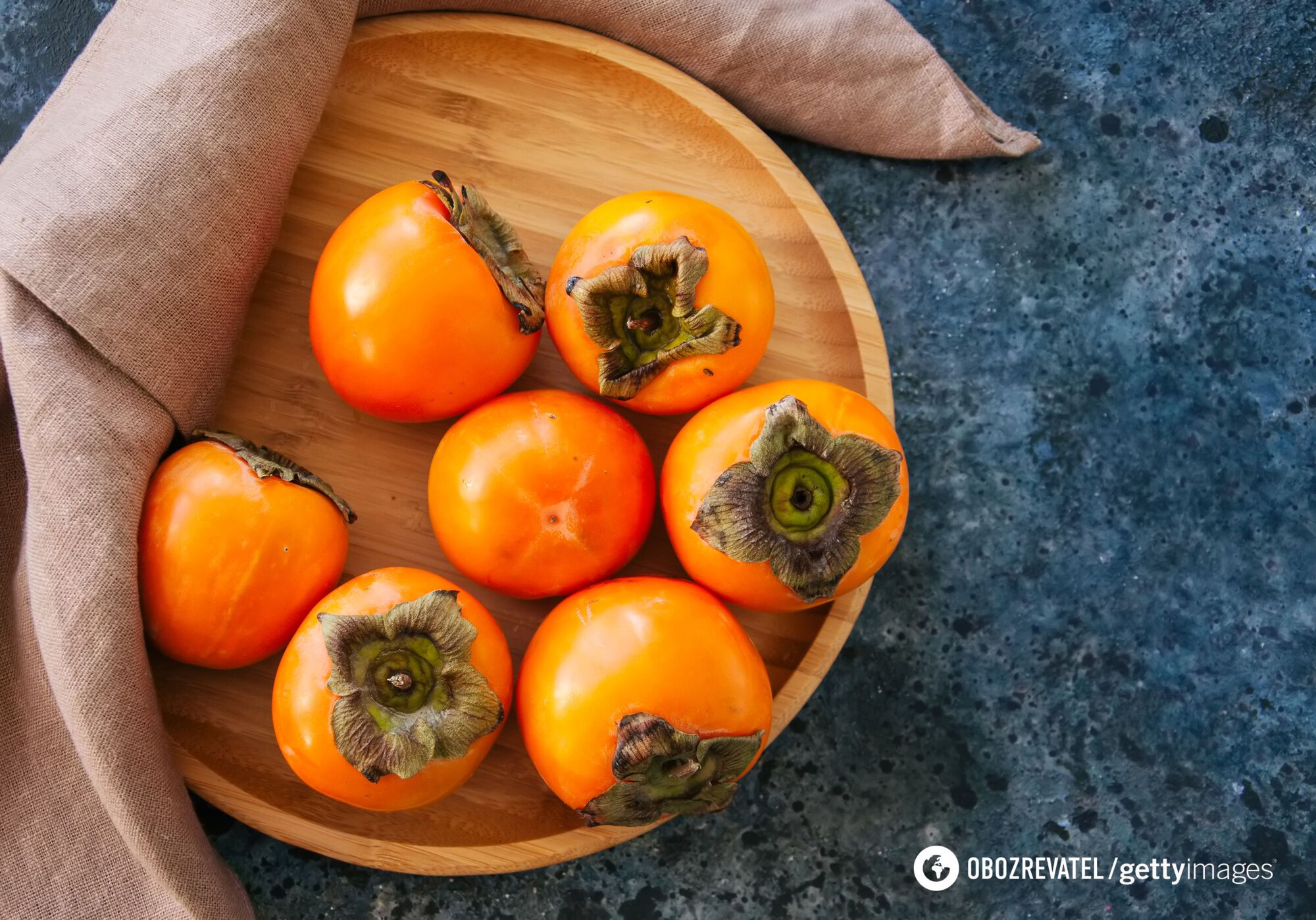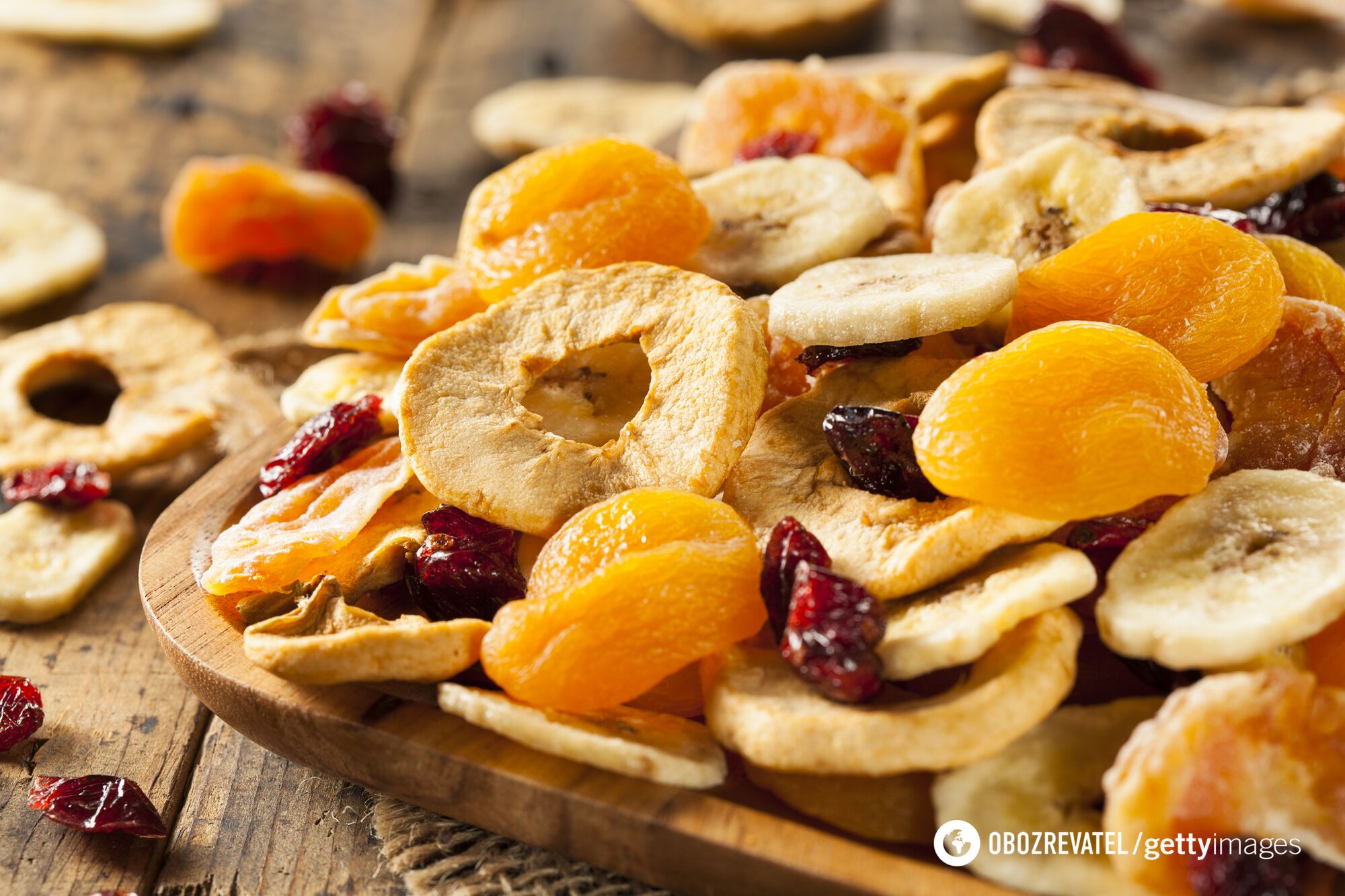LS Food
The most high-calorie fruits that should not be excluded from the diet have been named
Avocados, grapes, and bananas are among the highest-calorie fruits. However, despite this, they provide the body with essential vitamins and minerals, so they should not be excluded from the diet.
The main thing is to observe the correct proportions, as any fruit consumed in excess can contribute to weight gain, according to tuasaude.com.
Avocado
This fruit contains healthy monounsaturated fats, vitamins C, E, and K, as well as minerals such as potassium and magnesium. Avocados improve bowel function, control sugar levels, take care of the heart, and keep skin and hair healthy.
It can also be used in weight loss diets if consumed in small portions. It is recommended not to exceed 2 tablespoons per day (about 45 kcal). In general, avocados can be added to salads, vegetable smoothies, or desserts, as well as made into guacamole.
Coconut
Coconut flesh is rich in saturated fat, and coconut water is rich in carbohydrates and minerals. It is a high-calorie fruit, as 100 g of flesh contains about 406 kcal, which is almost 1/4 of the daily requirement.
However, it has various health benefits – it increases the feeling of satiety and improves bowel function, takes care of heart health, strengthens the immune system, and helps to provide the body with minerals.
Coconut should be eaten in small portions. The best option is to consume no more than 2 tablespoons (30 ml) of oil, 1/2 cup of milk, or 30 g of pulp per day to avoid weight gain.
Red grapes
Grapes are a fruit whose carbohydrates have a moderate glycemic index. Excessive consumption of grapes leads to an increase in blood sugar levels. In terms of calories, 100 g contains approximately 50 kcal.
Grapes are rich in resveratrol, a powerful antioxidant found in the skin. It helps prevent cancer and cardiovascular disease. The ideal amount for one meal is 17 small or 12 large grapes.
Banana
This fruit contains 21.8 g of carbohydrates and 104 kcal per 100 g. It is rich in potassium and magnesium, so it helps prevent muscle cramps and lower blood pressure. In addition, thanks to its fiber, it manages to regulate bowel movements, and tryptophan helps to improve mood.
Ideally, you should eat 1 small banana (or 1/2 large) a day to avoid weight gain. You can also combine it with a little cinnamon, oatmeal, peanut butter, a handful of nuts, chia seeds, or flaxseeds.
Persimmon
A medium-sized persimmon contains about 80 kcal and 20 g of carbohydrates, so if eaten in excess, it contributes to weight gain. It is advisable to give preference to medium or small fruits.
It is also worth eating the peel, as it contains the highest amount of fiber, which is necessary to maintain stable blood sugar levels and reduce fat formation.
Figs
This fruit has wonderful properties, as it contains the substance kradin and a large amount of fiber that improves intestinal function. However, 100 g of figs contain 10.2 g of carbohydrates and 41 kcal. The ideal amount is 2 medium units, preferably fresh, not in the form of dried fruit.
Mango
This fruit is rich in carbohydrates (about 15 g and 60 kcal per 100 g), vitamins, and minerals. Mango has various health benefits - it helps to improve the functioning of the intestines and immune system and promotes healthy eyes, skin, and hair. The recommended serving is 1/2 small or 1/4 large mango.
Dried fruits
It is important to be careful with dried fruits such as raisins, figs, dried apricots, and others. They are dehydrated, contain a lot of calories, and have a higher glycemic index.
Despite this, some studies have shown that dried fruits can contain three times more micronutrients than fresh fruit, and they are also rich in insoluble fiber, which helps the intestines to function.
To consume them properly, you should eat small portions and in combination with healthy fats or proteins (yogurt or milk), as this can prevent blood sugar from rising.
Acai
It is an antioxidant fruit that helps improve the immune system, prevents aging, and provides energy to the body. However, it contains a lot of calories, especially when sugar, guarana syrup, or other products used to improve flavor are added to the pulp.
100 g of frozen acai berries (without sugar) contain about 58 kcal and 6.2 g of carbohydrates, so it is better to consume them in small quantities.
Fruits in syrup
They usually contain two or three times more calories than fresh ones. When losing weight, it is better to avoid eating them altogether. In general, you can eat 2-3 units per day, preferably varying the fruit to get different nutrients.





























